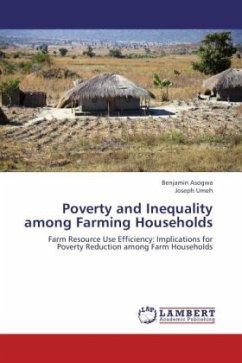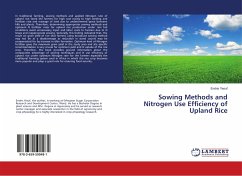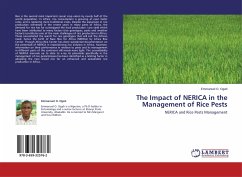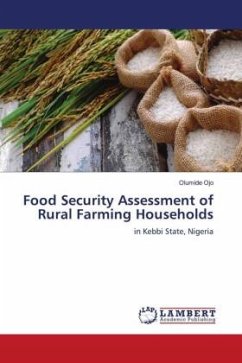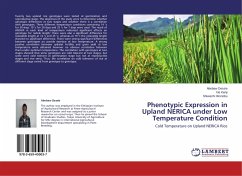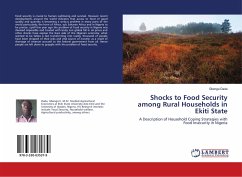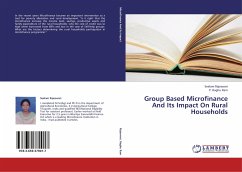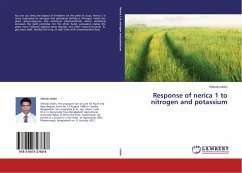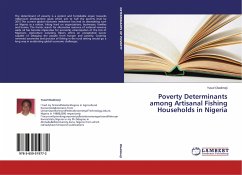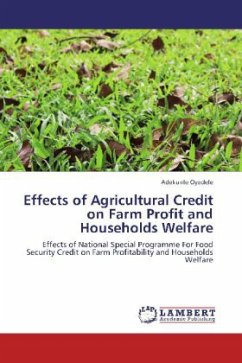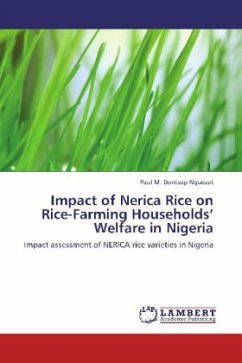
Impact of Nerica Rice on Rice-Farming Households Welfare in Nigeria
Impact assessment of NERICA rice varieties in Nigeria
Versandkostenfrei!
Versandfertig in 6-10 Tagen
45,99 €
inkl. MwSt.

PAYBACK Punkte
23 °P sammeln!
Agriculture is the primary source of livelihood in most African countries. About 70% of rural population relies on subsistence agriculture as livelihood activity. However, the overall performance of agricultural production has not been impressive over the past decades. Improving the productivity of small scale rice farmers is essential to raise income, insure food security, alleviate poverty and consequently improved the welfare of smallholders farmers. In this regards, the diffusion and adoption of New Rice for Africa Variety (NERICA) which is one of the most significant advances in crop impr...
Agriculture is the primary source of livelihood in most African countries. About 70% of rural population relies on subsistence agriculture as livelihood activity. However, the overall performance of agricultural production has not been impressive over the past decades. Improving the productivity of small scale rice farmers is essential to raise income, insure food security, alleviate poverty and consequently improved the welfare of smallholders farmers. In this regards, the diffusion and adoption of New Rice for Africa Variety (NERICA) which is one of the most significant advances in crop improvement in Africa in recent years developed by AfricaRice and its National Agricultural Research Systems (NARS) partners in the mid-90s was seen as a step towards the achievement of these objective in Africa as a whole and in Nigeria in particular. A total of 78 NERICA varieties including 18 for upland and 60 for lowland growing conditions have been developed and introduced in many African countries including Nigeria since 1999 through PVS, but were officially released in 2003 in Nigeria. However, there is dearth of information on their adoption rate and impact on welfare in Nigeria.



